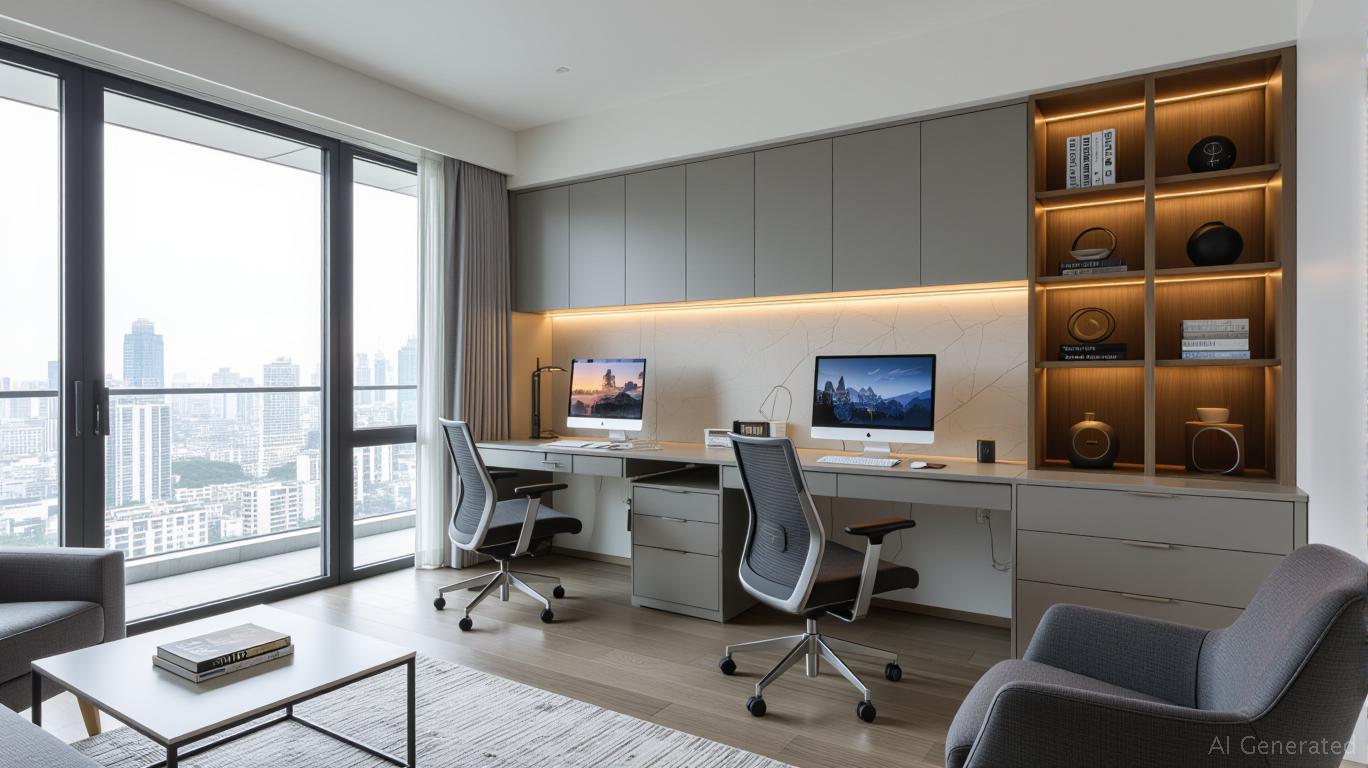Smart Furniture in Asia-Pacific: A Seat at the Table for Urban Tech Innovators
Samuel ReedSaturday, Jul 5, 2025 2:58 am ET
![]() 2min read
2min read
The Asia-Pacific smart furniture market is on the cusp of a transformative decade, fueled by urbanization, tech integration, and shifting consumer preferences. With a projected compound annual growth rate (CAGR) exceeding between 2025 and 2030—surpassing the global average of 14.5%—this region is poised to become the epicenter of innovation in the sector. Companies like (India) and (Italy/Asia-Pacific) are at the forefront, leveraging strategic partnerships, sustainable design, and urban demand to capture market share.

Asia-Pacific's dense urban centers, particularly in and , face a dual challenge: shrinking living spaces and rising disposable incomes. The residential segment, which already commands over of the smart furniture market, is driving demand for multifunctional, space-saving products. Adjustable desks, compact smart beds with health monitoring, and IoT-integrated storage systems are becoming staples in cities like Mumbai, Tokyo, and Jakarta.
The is reshaping furniture's role in homes and offices. Smart desks with posture sensors and voice-controlled connectivity, for instance, are no longer niche products but mainstream solutions. Krini Furniture has partnered with Indian tech firms like to embed AI-driven customization into its desks, while Hi-Interiors collaborates with to integrate smart home ecosystems into modular furniture systems.
These partnerships are critical: prioritize tech-enabled features when purchasing furniture, per recent surveys. Companies failing to align with tech leaders risk obsolescence.
Environmental concerns are reshaping supply chains. Krini and Hi-Interiors are pivoting to (e.g., bamboo composites, recycled metals) and circular design models, appealing to eco-conscious urbanites. China's and India's push for green manufacturing further incentivize this shift. Investors should prioritize firms with and certifications like or .
- : Smaller players may struggle as giants like expand their smart furniture lines. Focus on firms with patented tech or exclusive partnerships.
Conclusion
The Asia-Pacific smart furniture boom is not just about selling desks—it's about redefining urban living through technology and sustainability. Krini and Hi-Interiors exemplify how agility in tech partnerships, urban market penetration, and eco-conscious design can unlock outsized returns. For investors, this is a decade-long bet on cities that never stop growing—and furniture that keeps up.
Act now, or risk being left sitting on the sidelines.






